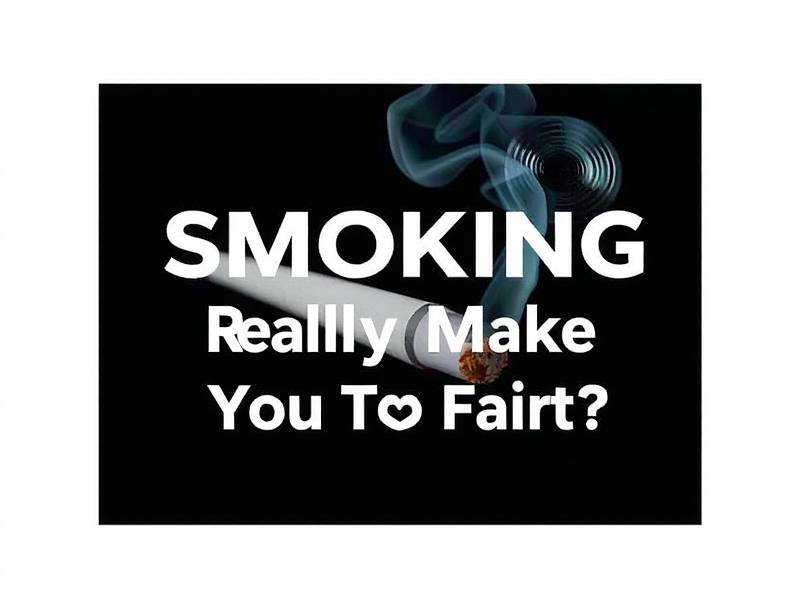Does Quitting Smoking Really Make You Fart? The Science Behind the Question
The Common Concern: Quitting Smoking and Flatulence
When it comes to the decision to quit smoking, many individuals are apprehensive about the potential side effects. One of the most frequently discussed concerns is whether or not quitting smoking can lead to increased flatulence. This question has sparked curiosity and debate among smokers and non-smokers alike. Let's delve into the science behind this question to understand if there's any truth to this claim.
Understanding Flatulence: What Causes It?
Flatulence, also known as gas, is a normal bodily function that occurs when gas accumulates in the digestive system. This gas can be produced by swallowed air, bacteria in the gut, and certain foods we consume. While flatulence is generally harmless, it can sometimes be uncomfortable or embarrassing.

The Role of Smoking in Flatulence
Smoking has been known to affect various aspects of our health, including digestion. When you smoke, you take in a lot of air along with the cigarette smoke itself. This excess air can end up in your digestive system, potentially leading to increased flatulence.

Quitting Smoking: A Potential Relief?
Now that we understand how smoking can contribute to flatulence, what happens when you quit? Many people believe that quitting smoking will reduce their flatulence issues. However, this isn't always the case.
When you stop smoking, your body starts to adjust to a new routine without nicotine. As a result, some individuals may experience digestive changes, including increased gas production. However, this doesn't mean that quitting smoking is solely responsible for your newfound flatulence.
Other Factors Contributing to Flatulence
Several factors can contribute to increased flatulence when you quit smoking:
- Diet: Certain foods are more likely to cause gas than others. These include beans, lentils, cruciferous vegetables (like broccoli and cauliflower), and carbonated drinks.
- Gut Bacteria: Smoking affects the balance of gut bacteria. When you quit smoking, this balance may take some time to stabilize.
- Stress: Stress can lead to swallowing more air and consuming more carbonated beverages or high-fiber foods.
- Medications: Some medications may cause gastrointestinal side effects that result in increased gas production.
How Can You Manage Flatulence?
If you're experiencing increased flatulence after quitting smoking or for any other reason, here are some tips:
- Adjust Your Diet: Reduce your intake of foods known for causing gas.
- Stay Hydrated: Drinking plenty of water helps with digestion and reduces bloating.
- Exercise Regularly: Physical activity promotes good digestion.
- Manage Stress: Practice relaxation techniques such as deep breathing or meditation.
Conclusion
While it's true that quitting smoking can lead to changes in your body's functions – including digestion – it's not solely responsible for increased flatulence after quitting. By understanding the factors contributing to flatulence and taking steps to manage them effectively, you can enjoy a smoke-free life without worrying about excessive farting!
